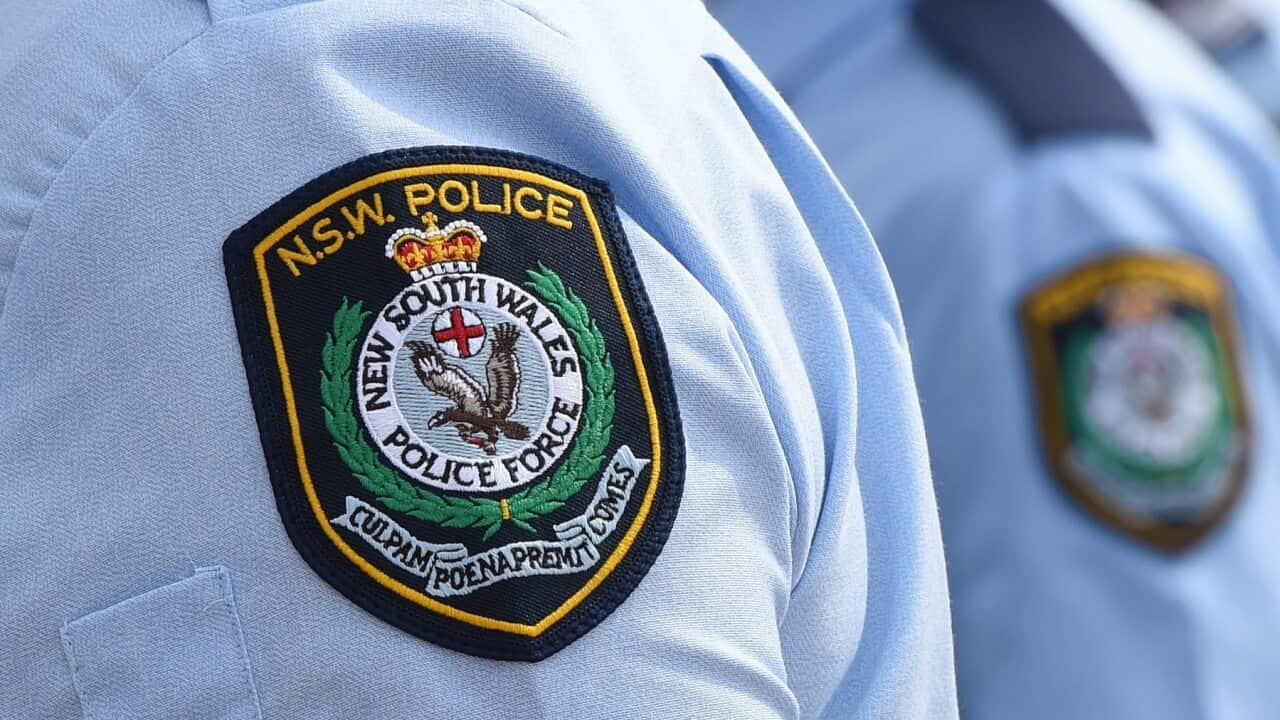Data has shown that more than half of almost 800 strip searches conducted in a Canberra prison over an 18 month period were on First Nations women.
According to the latest figures obtained from the ACT's Justice and Community Safety Directorate, 796 women were strip-searched between October 2019 and June 2021 at the Alexander Maconochie Centre, with 408 of those detainees Aboriginal and Torres Strait Islander women.
The prison in question is also at the centre of a legal challenge after a sexual assault survivor and Indigenous woman was in front of male detainees.
CEO of the Winnunga Nimmityjah Aboriginal Health Service, Julie Tongs said the practice is very invasive.
"They will be feeling violated. They'd be feeling worthless and it re-traumatises them. It's distressing," the Wiradjuri woman told NITV news.
She said the revelations are disappointing, as the Centre is the only prison in the country specifically designed as a rehabilitation reform focus prison.
"This is what really concerns me, is that AMC was supposed to be human rights-compliant.
"This is where people were able to go to work, go and be rehabilitated. It's so far from that. It's just disgusting." Ms Tongs said. Winnunga Nimmityjah provides health and wellbeing services to detainees at both the Alexander Macononchie Centre and the Bimberi Youth Justice Centre.
Winnunga Nimmityjah provides health and wellbeing services to detainees at both the Alexander Macononchie Centre and the Bimberi Youth Justice Centre.

Winnunga Nimmityjah Aboriginal Health Service's CEO Julie Tongs said strip searches should be largely eliminated (NITV News: Sarah Collard)
The Alexander Maconochie Centre is a minimum, maximum and remand facility for both men and women. More than half of all detainees identify as Aboriginal or Torres Strait Islander.
Vast majority of searches found nothing
In the overwhelming majority of cases, the searches found nothing: out of the 796 searches, only a dozen detected contraband items, a hit rate of 0.015 per cent.
Figures provided to NITV News revealed contraband was detected eight times when Indigenous women were searched and four times after searches on non-Aboriginal and Torres Strait Islander women.
Ms Tongs is urging for the invasive practice to be urgently reviewed, saying strip searches should be eliminated or only used as a last resort if there are fears of self harm or risk to staff or other inmates.
"It's a failure and should be abolished.
"It's power over the powerless and it makes me feel sick that this is going on," Ms Tongs told NITV News.
Ms Tongs said an urgent inquiry is needed but believes the system cannot reform itself as inquiries and investigations have not led to systemic changes.
"I am sick of reviews and regardless of how many reviews they have [completed] nothing ever gets changed —They never implement anything."

More than half of all female prisoners at the Alexander Maconochie correctional centre are First Nations women (AAP: Lukas Coch)
"Sexual assault by the state"
Queensland-based organisation Sisters Inside advocates for incarcerated women and girls in Australia.
Founder and chief executive of the organisation Debbie Kilroy knows the system well, having been incarcerated herself.
Debbie Kilroy told NITV News the correctional justice system disproportionately impacts and further marginalizes vulnerable women and girls.
"It's legalised sexual assault allowing this violence to be perpetrated against women in prison, and it's predominantly against Aboriginal women because of the mass incarceration of First Nations women.
"It's nothing more than sexual assault by the state," she told NITV news
"Their own figures prove this just doesn't work. You'll find the same across every jurisdiction, high numbers of strip searching and minuscule numbers on so-called 'contraband found.'"
'Minimum force used': prison
The prison itself acknowledged that women who are incarcerated are far more likely to have lived through sexual assault, rape, abuse and family violence.
A spokesperson for JACS said the government provides appropriate support for female detainees and that searches are conducted by two female officers.
"Staff are required to use the minimum amount of force that is reasonable and proportionate in the circumstances," read a statement to NITV news.
"The government recognises that women offenders often have higher levels of complex trauma, family and sexual violence and disadvantaged backgrounds."
A 2019 report conducted by the independent ACT Inspector of Correctional Services detailed a number of concerns, including an unsatisfactory compliance with safety, rehabilitation, respect and dignity but said overall the prison was performing well.
In line with a recommendation, the prison appointed a female Indigenous Liaison Officer to the Indigenous Services Unit in March 2020, with a focus on the welfare needs of Aboriginal and Torres strait Islander women.
The report raised concerns over record management, and in particular strip searches, which are recorded through spreadsheets and/or paper registers, which was labeled 'unsatisfactory'.
It said a key function of independent review is access to registers and 'ineffective' records could hamper meaningful analysis of frequencies or trends.




